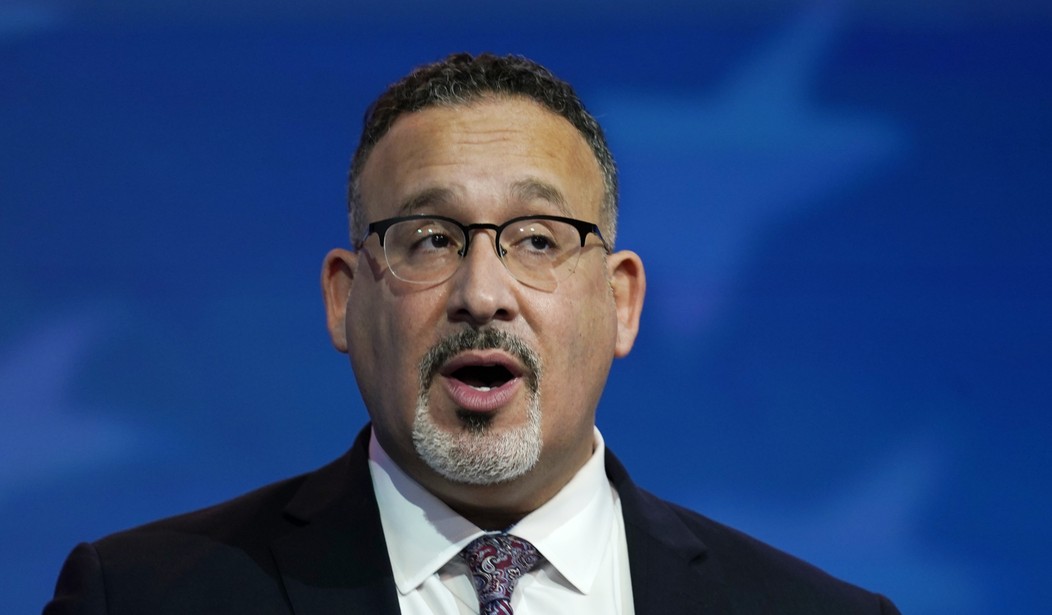The year behind us has left the country divided on many of the ideals that make our nation great. Moreover, this tear in America’s social fabric has occurred during a global health emergency that has brought about significant change to Americans’ daily lives.
In March, our nation’s educators and students were forced to undertake a daunting experiment when school campuses closed and education transitioned online. This experiment has resulted in frustration and disappointment from students, parents, and educators alike.
As America turns the page to the year and decade ahead, this new administration must embrace the reality -- even after the pandemic is over -- that daily life, from work to education, is moving increasingly online. So, rather than throwing the baby out with the bathwater, the Department of Education should continue to look to invest in online education even after students return to the classroom.
What the United States has experienced over the last ten months of distance schooling is not a substantive digital education. Rather, students have been asked to simply complete PDFs worksheets, watch videos, or attend Zoom classrooms for six hours a day to retain the “feel” of a traditional school day. In fact, these methods of education must undoubtedly be categorized as emergency remote learning, hardly comparable to online education models that have operated for years. To say that one is the same as the other is like saying a flashlight is the same as a Tesla Cyber Truck because both run on batteries.
Recommended
This is not to belittle the herculean effort educators have put forth over the past year in responding to a crisis that no one could have anticipated. However, the frustration with emergency remote learning must not lead us to generalize all digital education as ineffective, especially since digital education has been working for students for over two decades. In that time, technology has rapidly caught up with the hope of providing a personalized, flexible, and engaging education.
Instead of PDFs, students can now access purpose-built digital curricula that leverages the best of multimedia, gamification, and interactivity. And instead of restricting teachers, technology such as learning management systems are now powerful resources that allow teachers to follow each student’s academic progress and provide meaningful invention when they encounter an obstacle. We have also started to see these digital learning solutions, and many more, implemented across a growing number of innovative schools, indicating that digital education and classroom education are not mutually exclusive. Hybrid schools are proving that a digital curriculum and resources, combined with a qualified teacher, can create a learning experience that meets the unique, individual needs of a diverse student body.
Still, there is work to be done, which is all the more reason we must not turn our backs on digital education but instead continue to invest in this opportunity to innovate learning. At this point in time, millions of students do not have the option of digital education because of barriers to devices and the internet, but connecting students is only the first hurdle. Policymakers, educators, parents, and students must be encouraged to leverage innovation and technology to prepare students to thrive in the 21st century.
Damian Creamer
Chairman of the Board
Verano Learning Partners
























Join the conversation as a VIP Member